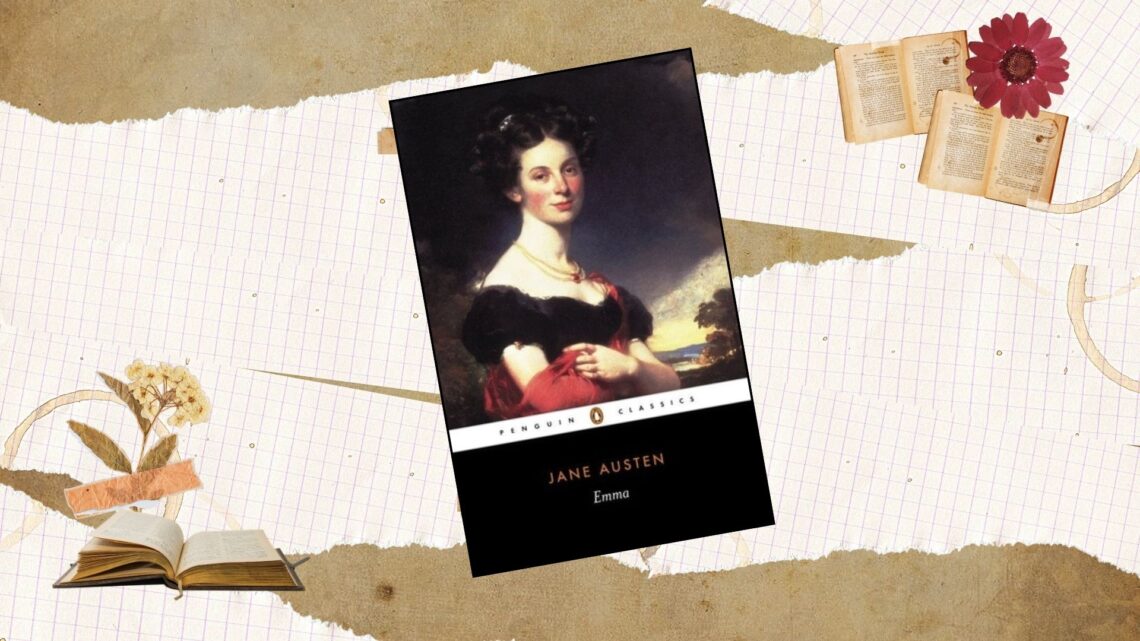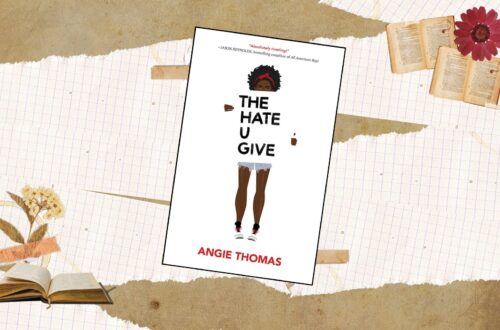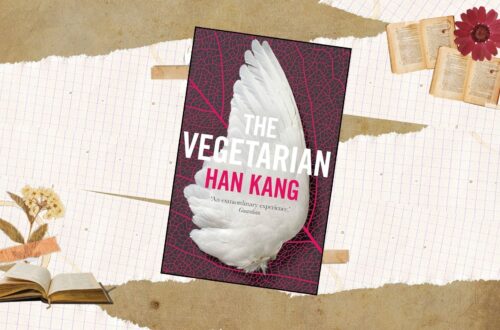Seldom, very seldom, does complete truth belong to any human disclosure; seldom can it happen that something is not a little disguised or a little mistaken.
In the world of Jane Austen’s novels, Emma is up there as having one of the most misunderstood of the Austenian heroines. Beautiful, rich, and witty Emma Woodhouse of Hartfield is also vain and, to a fault, irrepressibly self-assured. When Emma’s former governess Miss Taylor marries the gallant Mr. Weston, Emma believes herself to be more than partially responsible for the match. Encouraged by this so called “success,” Emma decides to play matchmaker for young Harriet Smith with devastating effect.
Jane Austen makes strong use of her heroine’s voice in Emma. Emma’s self-assurance pervades every page. Owing to this, readers find themselves assured of Emma’s thoughts about herself. While the action in this story may revolve more around the people around Emma Woodhouse than Emma herself, there is always an undercurrent of Emma’s self-awareness. Through her mistakes and misjudgements in attempting to guide the crucial ins and outs of others, Emma soon realizes that she is not the mature woman she has thought herself to be and that she still does not know the ways of the world. Her self-image breaks. Readers are forced to come to terms with this new consciousness, whether they have realized it through her foggy-eyed narrative or not. In this regard, Emma is a coming-of-age story.
What is an Austenian novel, however, without romance? Age differences aside, Mr. Knightley proved to be a memorable character. He is, by all means, the perfect gentleman. He is honest, but not in the way that Emma is vain and self-assured. He isn’t afraid to call Emma out when she’s out of line. As a modern reader, his maturity as well as his age made his relationship with Emma feel unequal. His role as her senior, or one of a guardian, for example. Despite this, it is undeniable that Mr. Knightley is what Emma needed to come to terms with herself. In a society where he’s her only social equal, as well as the only person to be upfront with her poor judgement, Knightley acts as a mirror for Emma’s conscience.
Emma is also incredibly refreshing. For the most part, like Austen’s other novels, the novel is restricted to the lands of Hartfield and such. There is a peculiar quality when something is tied up so cleanly within an allocated space. It is the satisfaction that comes from having everything you need right below your nose and promptly identifying it. Achieving this roundabout ending is far from a simple task. Yet, this novel contains all the charms of simplicity and the satisfaction of closure.
You must be the best judge of your own happiness.
~5 stars.





